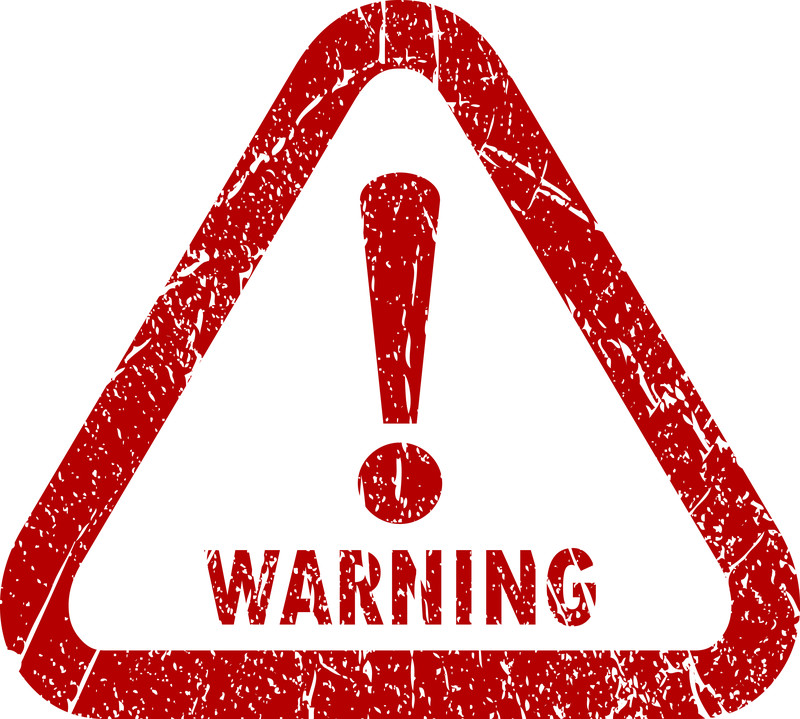You Must Warn Of Defect Even If You Did Not Make It
 In Air & Liquid Systems Corp., et al. v Devries, et al., No. 17-1104 (March 19, 2019) the U.S. Supreme Court held that a product manufacturer, in a maritime tort context, has a duty to warn when its product requires incorporation of a part that the manufacturer knows or has reason to know that the integrated part is likely to be dangerous for its intended uses and the manufacturer has no reason to believe that the product users will realize that danger. In this instance, the plaintiffs were two Navy veterans who were exposed to asbestos on ships and developed cancer. They sued companies that produced equipment for three Navy ships. The equipment required asbestos insulation or asbestos parts to function as intended, but the manufacturers did not incorporate the asbestos into their products. Instead, the manufacturers delivered their equipment to the Navy without asbestos, leaving the Navy to add the asbestos to the equipment later.
In Air & Liquid Systems Corp., et al. v Devries, et al., No. 17-1104 (March 19, 2019) the U.S. Supreme Court held that a product manufacturer, in a maritime tort context, has a duty to warn when its product requires incorporation of a part that the manufacturer knows or has reason to know that the integrated part is likely to be dangerous for its intended uses and the manufacturer has no reason to believe that the product users will realize that danger. In this instance, the plaintiffs were two Navy veterans who were exposed to asbestos on ships and developed cancer. They sued companies that produced equipment for three Navy ships. The equipment required asbestos insulation or asbestos parts to function as intended, but the manufacturers did not incorporate the asbestos into their products. Instead, the manufacturers delivered their equipment to the Navy without asbestos, leaving the Navy to add the asbestos to the equipment later.
In the district court, the defendants raised the “bare metal defense” which provides that, if a manufacturer did not itself make, sell, or distribute the part or incorporate the part into the product, the manufacturer is not liable for harm caused by the integrated product – even if the product required incorporation of the part and the manufacturer knew that the integrated product was likely to be dangerous for its intended uses.
The plaintiffs appealed to the Third Circuit, at which time that court reversed and remanded, imposing a foreseeability rule that provides that a manufacturer may be liable when it was foreseeable that its product would be used with another product or part, even if the manufacturer’s product did not require use or incorporation of that other product or part.
The manufacturers appealed to the U.S. Supreme Court, which found a third and more centralized approach to be appropriate in this maritime context. This approach, as noted above, imposes on the manufacturer a duty to warn when its product requires incorporation of a part and the manufacturer knows or has reason to know that the integrated product is likely to be dangerous for its intended uses. The court indicated that requiring the product manufacturer to warn when its product requires incorporation of a part that makes the integrated product dangerous for its intended uses is especially appropriate in the context of maritime law, which has always recognized a ‘special solicitude for the welfare’ of sailors.
The maritime rule adopted by the Supreme Court will encompass all the following circumstances, so long as the manufacturer knows or has reason to know that the integrated product is likely to be dangerous for its intended uses and the manufacturer has no reason to believe the product users will realize that danger: (a) a manufacturer directs that the part be incorporated; (b) a manufacturer itself makes the product with a part that the manufacturer knows will require replacement with a similar part; or (c) a product would be useless without the part.
 Doug Matthews has practiced law in New Orleans for 35 years and concentrates on maritime trial practice as defense counsel.
Doug Matthews has practiced law in New Orleans for 35 years and concentrates on maritime trial practice as defense counsel.
